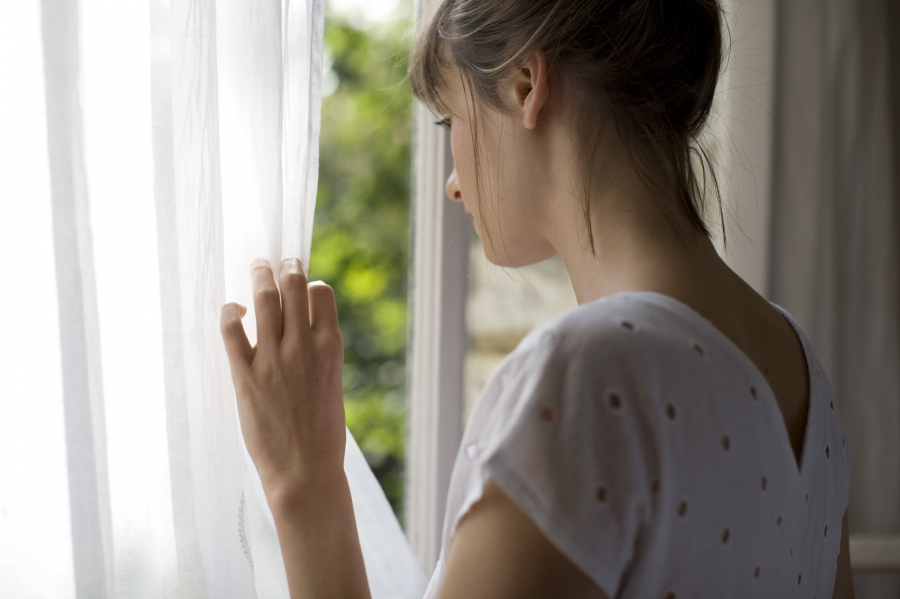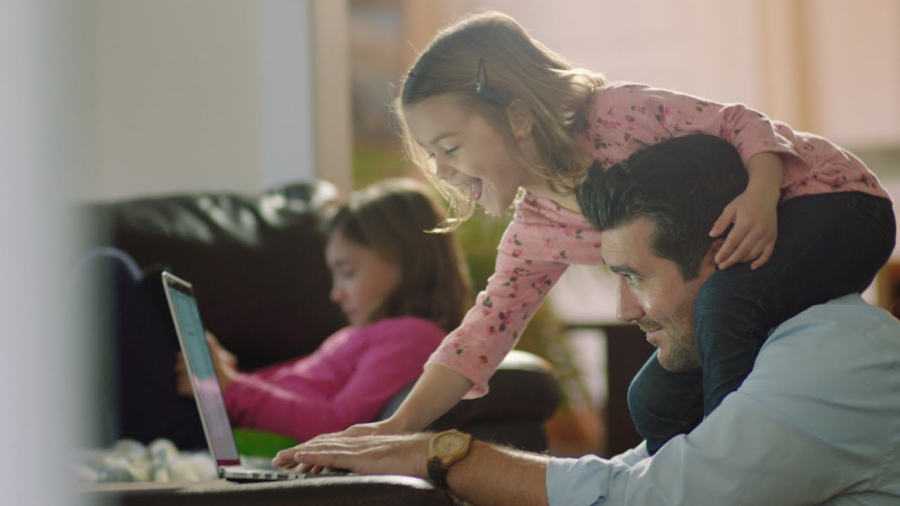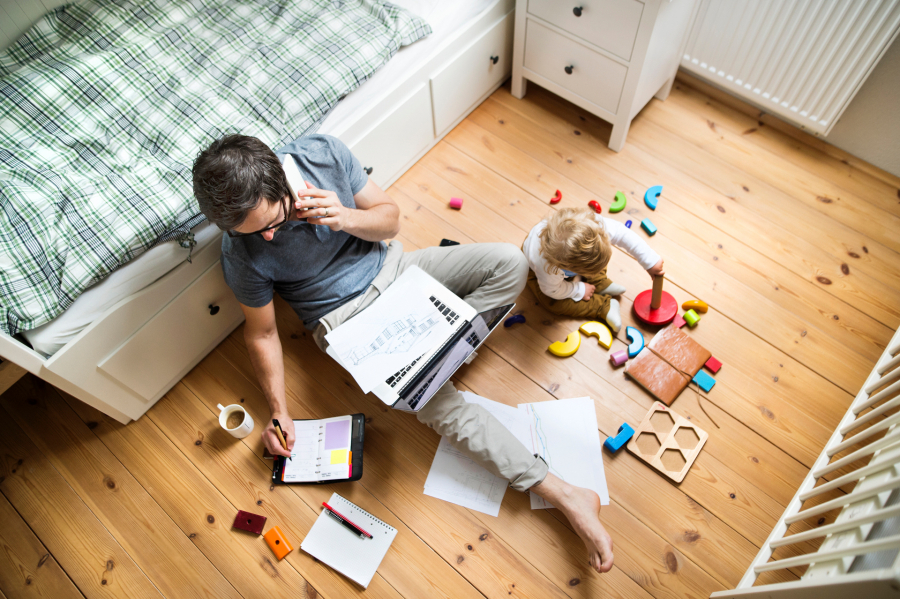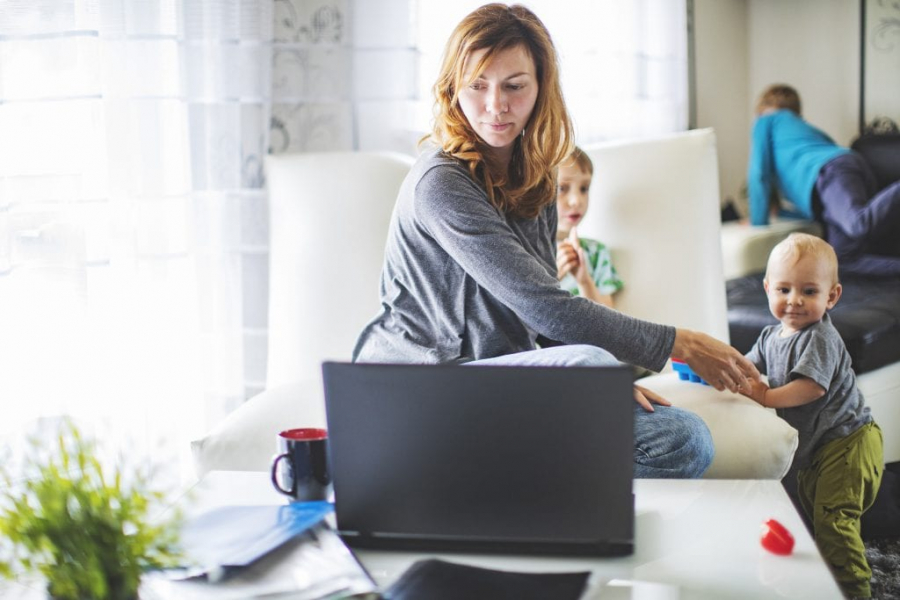Over the past year, we've become familiar with many phrases that have emerged during the pandemic, such as:Social distancing, mandatory mask wearing, PCR testing, etc.As vaccinations are gradually rolled out in more countries, anxieties about the pandemic are easing, but many people are likely facing another source of unease:Anxiety about reintegration.
What is reintegration anxiety?
Simply put, reintegration anxiety is the feeling of tension or hesitation about returning to a normal daily routine. It's a perfectly natural human reaction in some situations, such as fear of going out at night, reluctance to travel, or difficulty returning to an office job after months of limited contact and social distancing.

Reintegration anxiety is the feeling of tension or hesitation when returning to daily life (Image: Internet)
Erica Sanborn, PhD, a clinical psychologist in the US, said: "Reintegration anxiety can stem from fear of infection or becoming a source of infection, or from the 'freezing' of social skills over a long period."
Everyone adapts to normal life differently, so the anxiety of reintegration varies from person to person. However, Sanborn believes there is one common solution for overcoming reintegration anxiety: reducing avoidance.
Travel with peace of mind.
Even the most experienced travelers will experience some degree of anxiety when boarding a plane or returning to a hotel. Travel—which is supposed to relieve stress—is now a source of unease. Sanborn encourages those who feel anxious about traveling to start with the smallest steps.

You should start with short, nearby weekend trips (Photo: Internet)
Experts advise people to save international travel and attending major public events as a last resort during the reintegration process. You should start with a nearby weekend trip, driving yourself, or a short domestic trip with family, close friends, or people you truly trust.

Choose to travel with people who make you feel safe and secure (Photo: Internet)
Overcoming obstacles when returning to the office
For many people, returning to the office is one of the barriers to reintegration. Working from home allows you to choose how much time you'll spend with your family, take advantage of lunch breaks to do housework, or at least not have to worry about the commute each morning.

Does working from home really help you be more productive? (Image: Internet)


Sanborn advises taking the time to consider which changes truly make you happy and help you work better, compared to changes made simply to avoid discomfort and laziness. “Ask yourself if working from home is genuinely effective for you, or if it’s just your insecurity about reintegrating into the office,” she suggests.
Rediscover everything from the beginning.
How can you confidently go out to dinner with friends at a crowded restaurant, a place that just a few months ago was a restricted area only allowing takeout? Psychologist Sanborn advises increasing the pace of your life but still prioritizing breaks in your schedule.
"We naturally avoid things that make us anxious to protect ourselves. But sometimes this avoidance only fuels more anxiety," Sanborn said.

Rediscover everything from scratch slowly to gradually increase the pace of life (Image: Internet)
Therefore, during this phase, learn not to avoid things, starting by engaging in the very activities that make you feel insecure. Do things slowly and cautiously, respecting your anxiety and allowing room for excitement to return.

 VI
VI EN
EN

































